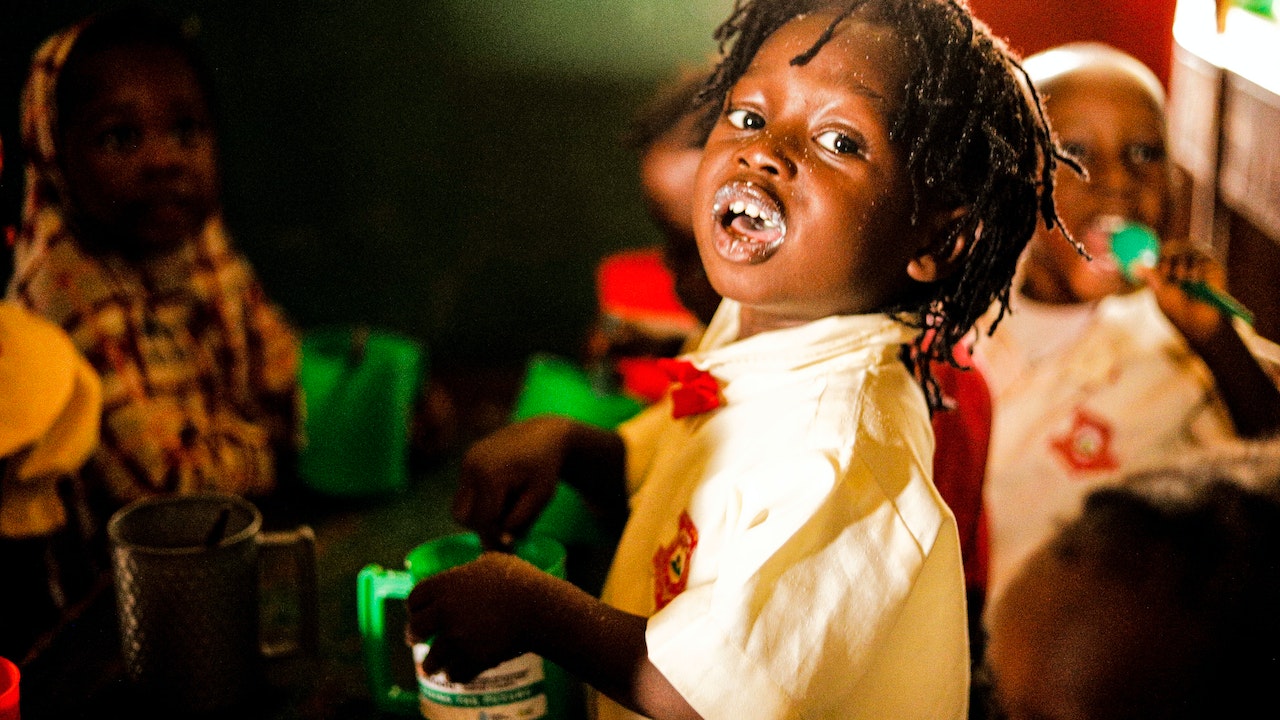500 Days Under Siege: UNICEF Warns of Catastrophic Child Crisis in Al Fasher
According to a stark warning issued by UNICEF, malnutrition, disease, and violence are devastating young lives daily, with humanitarian access blocked and essential supplies depleted.

The city of Al Fasher in Sudan’s North Darfur has endured more than 500 days under siege, leaving children at the heart of an escalating humanitarian catastrophe. According to a stark warning issued by UNICEF, malnutrition, disease, and violence are devastating young lives daily, with humanitarian access blocked and essential supplies depleted.
Children Trapped in Desperate Conditions
Al Fasher, once a lifeline for communities across North Darfur, has now become an epicentre of suffering. At least 600,000 people have been displaced from the city and nearby camps in recent months. Within the city itself, an estimated 260,000 civilians remain trapped, including 130,000 children, cut off from aid for more than 16 months.
“We are witnessing a devastating tragedy – children in Al Fasher are starving while UNICEF’s lifesaving nutrition services are being blocked,” said Catherine Russell, UNICEF Executive Director. “Blocking humanitarian access is a grave violation of children's rights, and the lives of children are hanging in the balance. Children must be protected at all times, and they must have access to life-saving aid.”
Grave Violations Against Children
The toll on children since the start of the siege in April 2024 has been staggering. Verified reports detail more than 1,100 grave violations against children in Al Fasher alone, including:
-
The killing and maiming of over 1,000 children, many in their homes, schools, and displacement camps.
-
At least 23 cases of rape, gang rape, or sexual abuse of children.
-
Abduction, recruitment, and use of children by armed groups.
The true scale is likely far higher, given the difficulties in monitoring and verifying incidents in besieged areas.
This week, reports emerged of another mass casualty attack, with seven children killed at the Abu Shouk Internal Displacement Camp on the city’s outskirts.
Malnutrition and Disease on the Rise
The siege by the Rapid Support Forces (RSF) has strangled supply lines into Al Fasher, forcing health facilities and mobile nutrition teams to suspend services. As a result:
-
At least 6,000 children with Severe Acute Malnutrition (SAM) are now left untreated and at imminent risk of death.
-
More than 10,000 children were treated for SAM in Al Fasher since January 2025—almost double last year’s figure—but services have now halted as supplies run out.
-
Reports indicate 63 people, mostly women and children, died of malnutrition in a single week.
Across the wider Darfur region, malnutrition rates have reached alarming levels. In Mellit locality, which hosts many displaced from Al Fasher, acute malnutrition reached 34.2% in July 2025, the highest level since Sudan’s war erupted in April 2023.
Attacks on Health and Education
Health and education infrastructure has been deliberately targeted:
-
35 hospitals and six schools have been attacked.
-
Al Fasher Saudi Maternal Teaching Hospital has been struck more than ten times, causing multiple deaths and injuries, including among children.
-
In January, shelling destroyed the therapeutic health centre in Abu Shouk camp, cutting off treatment for thousands of malnourished children.
Cholera Outbreak Compounds the Crisis
The siege coincides with Sudan’s worst cholera outbreak in decades. Since July 2024, more than 96,000 suspected cases and 2,400 deaths have been reported nationally, including 5,000 cases and 98 deaths in Darfur.
In overcrowded displacement camps such as Tawila, Zamzam, and Al Fasher, children weakened by hunger are especially vulnerable to waterborne diseases like cholera, further raising the risk of large-scale fatalities.
UNICEF’s Urgent Call to Action
UNICEF is calling on the Government of Sudan and all parties to the conflict to immediately:
-
Implement a sustained humanitarian pause in Al Fasher and other conflict-affected areas.
-
Guarantee unimpeded humanitarian access to deliver food, medicines, water, and essentials.
-
Re-establish UN and partner operations in the most critically affected areas.
-
Ensure the protection of civilians and civilian infrastructure in line with international humanitarian law.
A Humanitarian Disaster in Plain Sight
UNICEF’s warnings underscore that the crisis in Al Fasher is not only a humanitarian emergency but also a stark violation of international law. Unless immediate action is taken to lift the siege and restore access, thousands more children could die from preventable causes in the coming weeks.
As Russell concluded:
“Children must not pay the price of this conflict. Their survival depends on swift, safe, and unhindered humanitarian access.”










